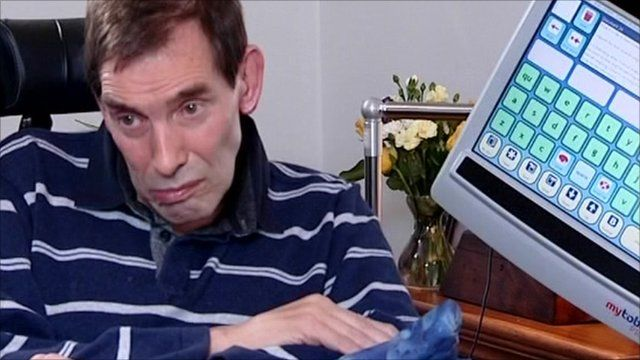 |
| elifesciences.org |
Dr. Curtis Cripe of NTL Group's research and development department has stressed the importance of exercise and a healthy diet when caring for the brain. He has mentioned that these activities have made the brain tougher and more resilient.
The human brain can change and adapt remarkably well. Its resilience to both physical damage and emotional stress is astounding, especially if the brain is in excellent condition. Constant mental and physical actions play a role in preventing or slowing the onset of damage from degenerative mental illnesses.
People can keep their brains in shape through mentally intensive activities such as learning a new language or a stimulating hobby. These activities challenge the brain, encouraging the formation of new connections and the constant reinforcement of older ones.
Likewise, eating a balanced diet delivers nutrients that nourish the brain, whereas keeping the body active improves cardiovascular health, promotes better circulation, and helps prevent strokes.
However, did you know there are other, more non-conventional ways to keep your brain strong?
 |
| Britannica.com |
For example, when a person brushes their teeth with their non-dominant hand, they use the opposite side of their brain. It can result in a substantial and rapid expansion in the parts of the cortex which control and process information from the hand.
Dr. Curtis Cripe also mentions that when you shower with your eyes closed, your hands will notice the varying textures of your own body that you don't usually see. Your hands will then send messages back to your brain.
Also, when you switch seats at the table, your brain will benefit from the new experience. Dr. Curtis Cripe says that you can switch seats to change the position you occupy, who you relate to, your view of the room, and how you reach for objects on the dinner table.
All these things keep your brain active and make it stronger.
Dr. Curtis Cripe, head of research and development at NTL Group, expounds on other topics related to his expertise and work on his blogs. Find some of his posts page.











